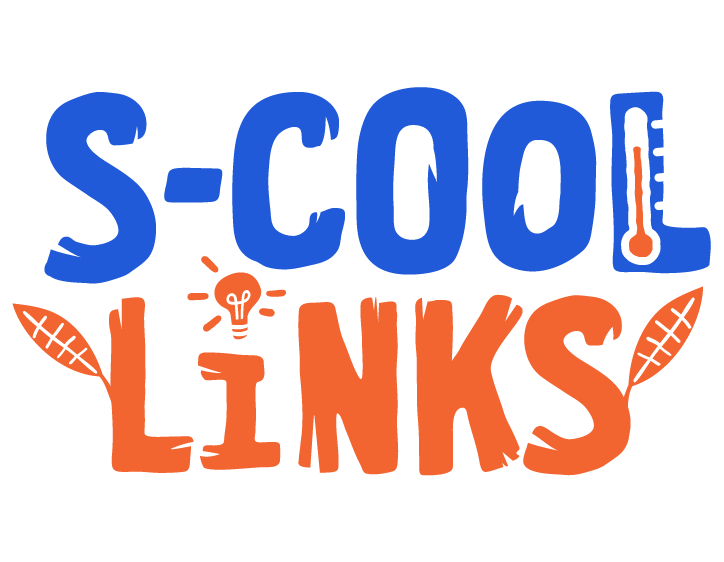For the last few months, the climate has been high on the political and social agenda, with pupils skipping school for climate and climate marches leading the way. At the GO! Technisch Atheneum Keerbergen, climate has been a priority for years. The UNESCO school has had a school link with Jaime Roldós Aguilera in Santo Domingo in Ecuador since 2016, with sustainability being the main pillar. With their biofuel project, both schools encourage their pupils to reflect on sustainable mobility.
From fruit waste to (bio) fuel
"Our pupils test biofuels on existing combustion engines," says Steven Hendrickx. As school director of the GO! Technisch Atheneum Keerbergen, he is closely involved with the school link and the associated activities. He explains how his learners and teachers look for sustainable mobility solutions together, and how other Flemish schools assist them in this. “Unfortunately, we cannot make the actual biofuel here. To do so, we work together with the Busleyden Atheneum in Mechelen. During the chemistry lessons, fourth-year secondary pupils make bioethanol from fruit waste donated by primary schools in the neighbourhood."
"We also map the emissions and power of the engine"
“Our pupils, in turn, convert a standard gasoline engine into an engine that runs on bio-ethanol. To test this, the students from university college Thomas More measure the impact of the combustion and map the emissions and power of the engine’’, Steven summarises the project. An impressive exercise that extends far beyond the walls of the original school and also encourages other educational institutions to reflect on sustainable mobility.
Learning about sustainable mobility together
“Our partner school Jaime Roldós Aguilera in Ecuador does the same and works closely with a local University. They make biofuel from cocoa waste on the Santo Domingo campus, while the Sede Quito campus turns to residual waste from tagua nuts’’, Steven explains. "The first steps have been taken with the University for the power and exhaust tests, which further intensifies the collaboration.”
"We can learn a great deal about ecology and mobility!"
The cross-fertilisation between both partner schools and their local partners is a bull's-eye for gaining new insights into sustainable mobility. “In Ecuador, the project is still in a start-up phase, while it has already been carried out here. We are excitedly looking forward to the results of the tests. It is fascinating to see how both countries are working on sustainability, and we can learn a lot from each other.”
